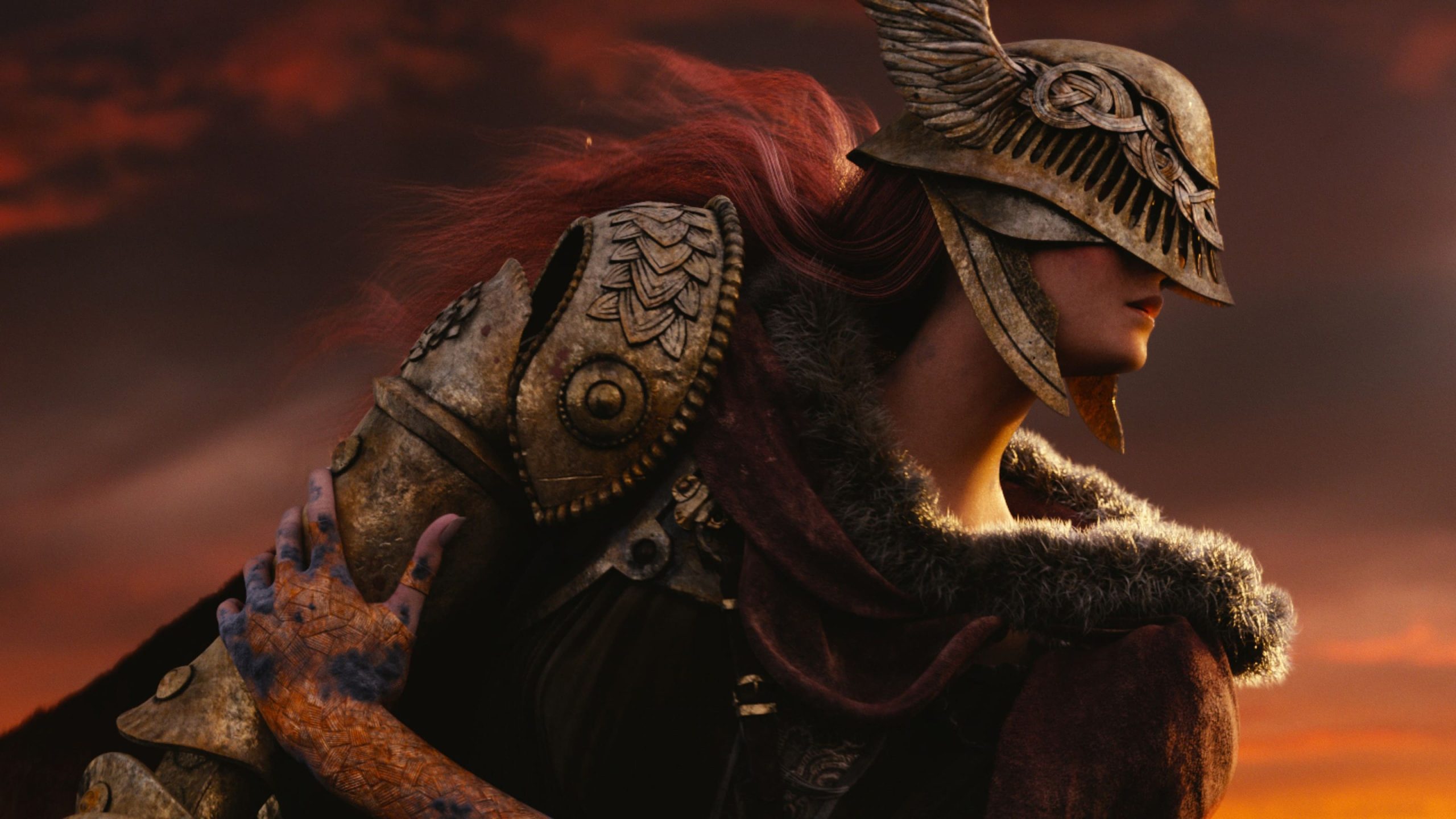Sports
Rotisserie Baseball: Spotlighting the original fantasy sports league
_PKG_ROTISSERIE_BASEBALL_FULL_CG_1)
For those who play fantasy baseball, the offseason can feel like an eternity.
But come March, after weeks of preparation and sleepless nights, it is finally time for draft day.
“My mindset? I have no mind at this point. I’m a nervous wreck,” said Peter Gethers, one of the members of the league.
His nerves are understandable, because this isn’t any old fantasy baseball league — it is the oldest league in the world.
And Peter Gethers, the proud owner of “The Fish,” has been playing this game longer than anyone.
“This year, I’m more nervous than most because I’m going in with no money,” Gethers said. “I’ve got to be patient, which is not my best thing. I’ve got to wait and then swoop in like a shark and try to get cheap, good players.”
Forty-four years ago, Gethers sat at a table and unintentionally became one of the 11 “Founding Fathers” of fantasy baseball.
They weren’t trying to start a new national pastime. They were just having fun.
In the offseason after the 1979 baseball season, Dan Okrent had an idea. He decided to draft an entire team of real Major League Baseball players, fill imaginary lineups and calculate statistics based on their real performance.
By the spring of 1980, he gathered 10 fellow baseball fanatics to play the game they dubbed Rotisserie Baseball.
“A friend of mine called and said, ‘There’s this thing that has your name all over it. Are you interested?’” Gethers said.
They were more than interested. All 11 players were completely hooked.
“We realized that this was the most fun thing in the world,” Gethers said. “You can’t imagine the level of dementia that came in when we started doing this. I spent way more time doing this than my job. We thought we were real team owners — it became completely deranged.”
Remember, this was before the internet. So each day they documented all statistics by hand.
“We would get USA Today in the morning and do our baseball [statistics] in pen and paper, and then somebody would total up at the end of the week,” Gethers said. “It took hours a day and it was fantastic.”
Nothing was off-limits to get an edge.
They started taking trips to Florida for spring training just to scout players.
“We’d see some young pitcher who threw 98 miles an hour, and we would go, ‘Oh my God, this guy’s going to be a giant, giant star,’” Gethers said.
If Gethers was watching a game and saw one of his players get hurt, he’d pick up the phone and call the team’s front office pretending to be a reporter.
“For the first year, they would say, ‘Oh yes, he’s going to be out for six weeks.’ I would immediately get on the phone and call another owner and trade him,” Gethers said. “So many people were doing this, Major League Baseball actually told all their offices, ‘Don’t give out information to these lunatic fantasy baseball fans.’”
Gethers and his fellow team owners were having the time of their lives.
“But it never occurred to us that other people would actually want to do this,” Gethers said.
Fast forward to today, more than 50 million Americans play some form of fantasy sports and it is a multi-billion-dollar industry.
“We totally missed the boat,” Gethers said.
They did have their chance. In 1983, someone offered them $1 million to buy the league and build it up.
But they passed.
At this time, they had started hosting Rotisserie Baseball conventions for fans.
“We thought the real money was in the t-shirts that we could sell at our conventions,” Gethers said.
They were also hellbent on protecting the word “Rotisserie.”
“So everybody else around the entire rest of the world went, ‘Well, ok, we’ll just call it fantasy baseball.’”
But to them, it will always be “Rotisserie.”
“Because the original meeting with all the owners — to sort of go, ‘Are you in or out?’ — was at a restaurant called La Rotisserie,” Gethers said.
La Rotisserie Francaise on East 52nd Street is long gone.
But the little game created there is seemingly everywhere.
And looking back, Gathers says he’s not surprised it caught on the way it did, because fans think they have all the answers when it comes to helping their team win a championship.
“This gives you an opportunity literally to put your money where your mouth is,” Gethers said. “I can draft players and even in some ways more important, I can trade players. It’s the joy and the agony of owning a player and seeing him go 0-12, and then breaking his leg or coming up with shoulder surgery, and it’s agony because they’re your players. And you get totally obsessed with it.”
Forty-four years later, he’s still obsessed.
They’re still playing the traditional way, and Gethers is still fine-tuning the art of the draft.
“I did not do well,” Gethers said after walking out of this year’s draft. “I think I’m doomed to total failure, so I’m trying to slink out of here and hope no one recognizes me — especially my own players.”
But it’s a long season, and he holds his head high thinking about the millions now playing along with him.
“We did this for fun, not for profit,” Gethers said. “And so it’s really satisfying to have done this thing that’s now so popular.”










